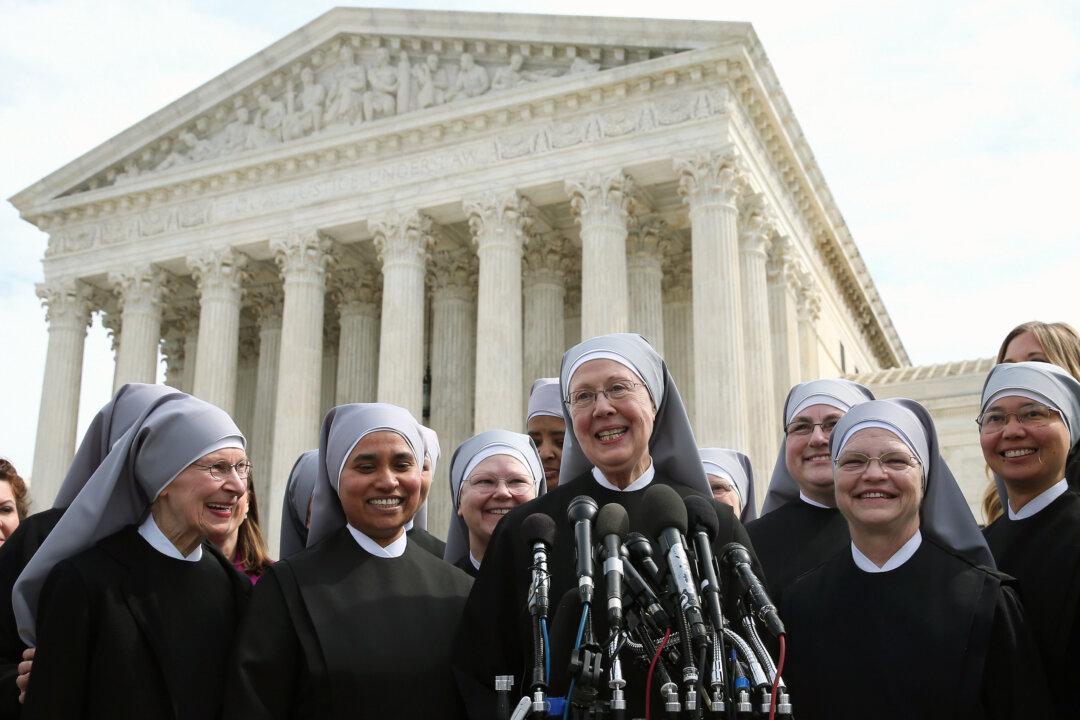Last month, Attorney General William Barr warned that religious values that have been a bedrock for many American families are coming under increasing attack in the last 50 years.
From facing opposition for displaying religious symbols in public spaces to experiencing harassment for refusing to provide a service that would violate their conscience, some people of faith in the United States say they are facing increased hostility for exercising or expressing their religious rights.




